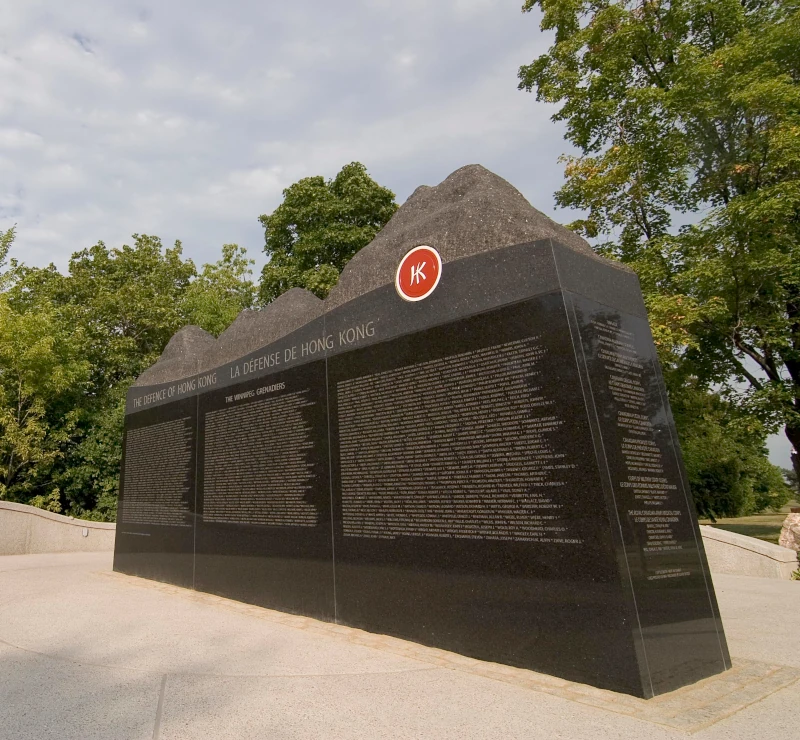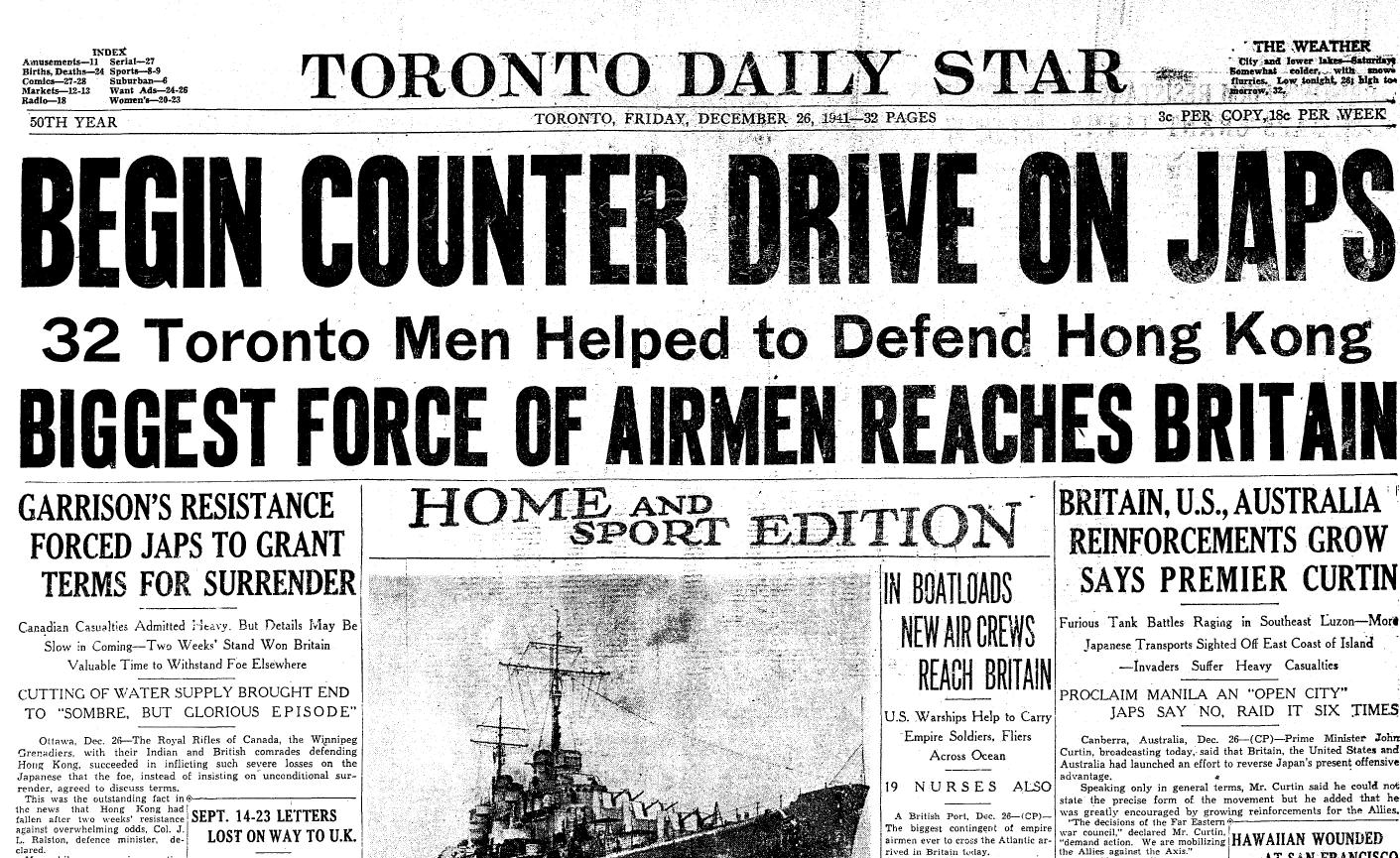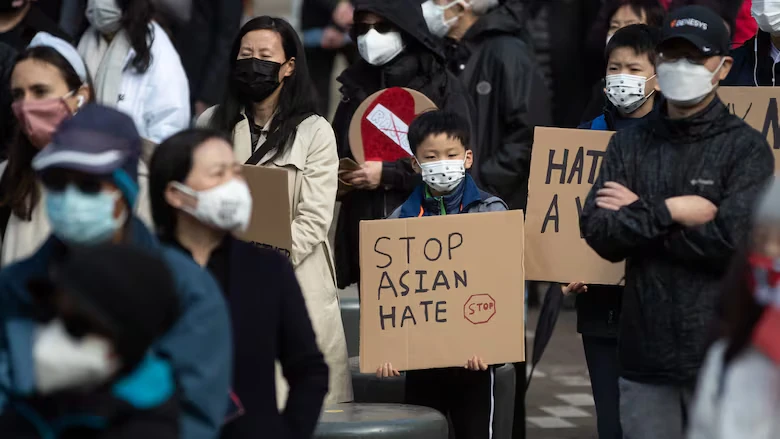
Dec 1, 2010
Kristyn Wong-Tam: Trailblazer for LGBTQ+ and Asian Canadian Rights
Kristyn Wong-Tam (黃慧文) has had an impactful career as a Canadian politician and activist. They are the first openly LGBTQ+ Chinese Canadian elected to hold political office. They were the first openly out lesbian Toronto City Councillor, elected on December 1, 2010, and later became the first openly non-binary Asian Canadian MPP. Their work has built a legacy of pioneering advocacy for LGBTQ+ and Asian Canadian rights.
Wong-Tam was born in Hong Kong and immigrated to Toronto with their family in 1975. Their path to public service began early, as they came out as lesbian in high school at 16. They are married to their wife.
As Toronto City Councillor for Ward 27 Toronto Centre-Rosedale, a position they held from December 1, 2010, Wong-Tam made history as the first openly out lesbian on the council. During their municipal tenure, they strongly advocated for housing, community safety, and LGBTQ+ rights. Their dedication to both LGBTQ+ and Asian Canadian community issues was further demonstrated through their work with organizations like the Chinese Canadian National Council.
In 2022, Wong-Tam transitioned to provincial politics, successfully winning the riding of Toronto Centre for the Ontario New Democratic Party (NDP). This brought another historic first: they publicly came out as non-binary, solidifying their position as the first openly non-binary Asian Canadian MPP.
Kristyn Wong-Tam's political career is centred on breaking barriers and fostering a more inclusive and equitable society.

Dec 8, 1941
Canada & the Pacific War: Battle of Hong Kong
The Battle of Hong Kong (December 8-25, 1941) saw 1,975 Canadian soldiers valiantly defend the British colony against Japanese invasion; many became POWs. This battle was part of Japan's wider initial offensive across the Pacific. Coordinated attacks, when accounting for local times, occurred on Pearl Harbor, British Malaya (which was attacked hours before Pearl Harbor), and Hong Kong, with Japan's formal declarations of war largely following these initial aggressions. In response to the attacks on Allied territories, Canada declared war on Japan on December 7, 1941, marking its formal entry into the Asia-Pacific theatre of World War II.
Canada has commemorated this battle annually since the war's end. The Hong Kong Veterans Commemorative Association (HKVCA) organizes ceremonies, often in early December around the 8th, honouring these soldiers. These involve veterans, families, dignitaries, and the public, with wreath-laying and speeches. The Defence of Hong Kong Memorial Wall in Ottawa, dedicated August 15, 2009, at King Edward Ave & Sussex Dr, is a national tribute, etched with the names of all Canadians who fought: 961 Royal Rifles, 911 Winnipeg Grenadiers, and 106 brigade HQ members. A bronze plaque details Canada's role.

Dec 25, 1941
British Hong Kong Surrenders to Japan
December 25, 1941, 'Black Christmas,' British Hong Kong surrendered to Japan after 18 days of intense fighting. This event is deeply significant for Chinese Canadians due to the valiant defense by Canadian troops (Winnipeg Grenadiers and Royal Rifles of Canada) alongside British and Indian forces. Over 550 Canadians died in the battle or in subsequent harsh captivity as POWs. The fall of Hong Kong ushered in a brutal Japanese occupation that lasted three years and eight months, until August 1945 when Japan surrendered, formally ending with the return to British administration in September 1945. This period was marked by severe hardship for the local population, including many of Chinese descent. The sacrifice of Canadian soldiers in the Battle of Hong Kong is a poignant chapter in Canada's World War II history and Chinese Canadian military heritage.

Dec 31, 2019
COVID-19 Pandemic: Surge in Anti-Chinese Racism
The emergence of COVID-19, first reported to the WHO on December 31, 2019, was quickly followed by a disturbing surge in anti-Chinese racism and Sinophobia in Canada. The situation was particularly challenging as the initial and extensive outbreak in China became a focal point, fueling misinformation and xenophobic narratives linking the virus to ethnicity. As the pandemic spread globally (WHO declared an emergency Jan 30, 2020), individuals of Chinese and East Asian descent faced increased verbal harassment, physical assaults, vandalism, and online hate. Community organizations reported thousands of anti-Asian hate incidents. This period saw significant community mobilization, with rallies and protests held in cities like Vancouver and Toronto to denounce anti-Asian violence and call for solidarity, underscoring the profound impact on safety, mental health, and belonging, and the community's resilience in fighting prejudice.